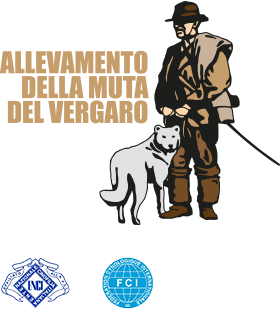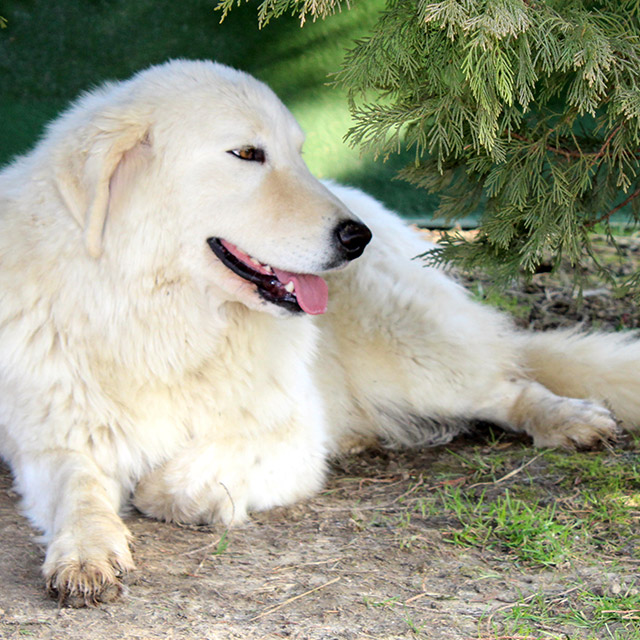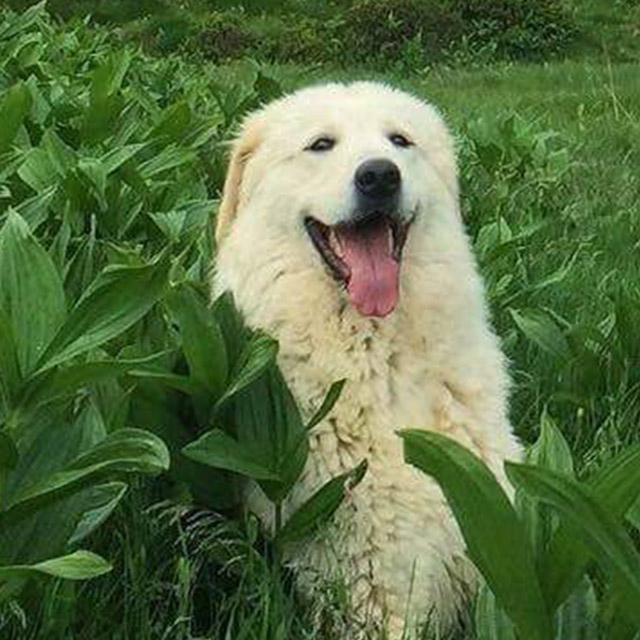The Abruzzese Maremmano Sheepdog
-
The origins of the breed
According to Paolo Breber, the most likely hypothesis is that this canine breed originated in the steppes and grasslands of Asia and was brought to Europe along migratory and trade routes.
-
Character
Shaped by thousands of years of being accustomed to a solitary life in harsh conditions, albeit in a fairly civilised world, the Abruzzese Maremmano Sheepdog has a very special character, in which the dominant trait is undoubtedly even-temperedness.
-
Work
The Abruzzese Maremmano Sheepdog’s primary role is to keep livestock safe from predators, especially wolves. This is the most effective and correct way for farmers to limit damage to their animals, especially sheep.








